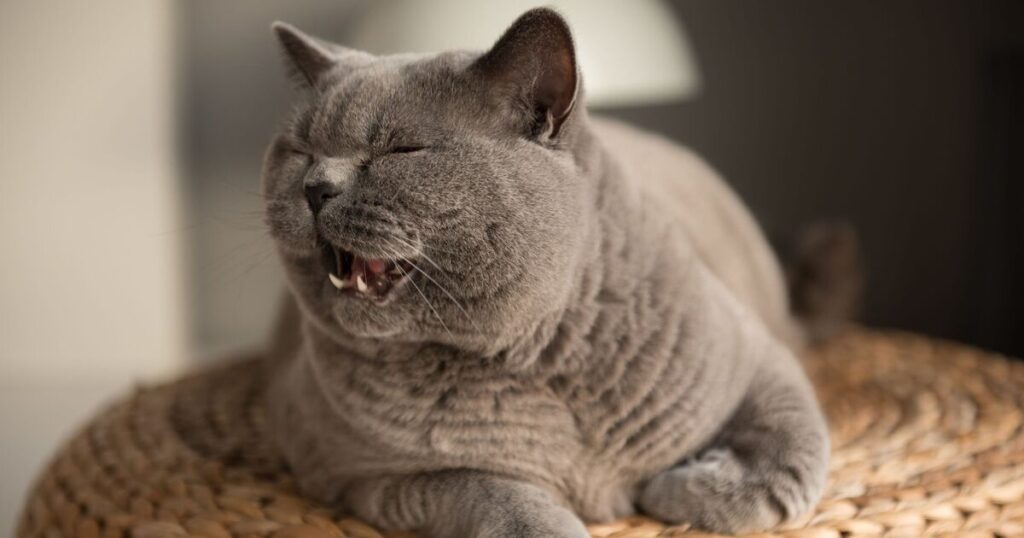
Cats are expressive creatures. While they might not be as easy to read as dogs in terms of their facial expressions, they still have their fair share of ways to communicate with their owners and other felines.
While they’ve developed their meowing specifically to communicate to humans, often opting for non-verbal cues or other vocalisatiosn when communicating with each other, it can be frustrating for both cats and humans when we don’t understand what they want.
Most pet owners might have experienced their cats putting on a one man show at night as they often tend to run around the house meowing.
To explain what this might mean, cat behaviourist Amanda Campion took to her TikTok account, where she boasts 86.5 thousand followers, to explain why your cat becomes more vocal during the nights.
“Night time opera performances? This is why your cat gives you its best performance at bedtime,” she said at the start of her video.
“Cats are crepuscular, which means they’re more active at dusk and dawn,” she explained. “So they’re not actually nocturnal, but you will see some more frenetic activity during the hours of darkness, and that’s because that’s when their prey is most active.”
One of these activities might include the cat meowing, or even yowling around the house when you’re trying to sleep. But there’s a reason they do this, and it might have to do with your cat’s age or overall mental health.
“Yowling can signify boredom, loneliness, it can also signify underlying health conditions. So if your cat suddenly starts yelling at night and you’ve increased the play and the enrichment for them, then do take your cat along to the vet for a check,” Amanda said.
“And certainly older cats can vocalise a lot more at night time because they have cognitive degeneration, just like humans do but I don’t suppose they howl as much.”
“Yes, they’ll go into cognitive decline, and again it could be an underlying health condition that needs to be sorted. Older cats can feel more insecure, they can feel lonely, so this again is why they vocalise more. They could even be deaf.”
So if you know your cat is normally happy and healthy, how can you prevent them from yowling during the night?
Amanda shared: “Providing more enrichment during the day and using those hide and seek feeders, puzzle feeders during the hours of darkness can really stimulate them more and keep them active, and they’re not then thinking about yowling or they’re not getting lonely.”
“Another key point here is to make sure that their routine is consistent so they have a predictable time when they’re going to get fed, playtime, and bedtime,” she added. “You could even put pet buddy on your Amazon Echo app if you’ve not come across that one before.”
If you’re worried about your cat’s behaviour, it’s always best to speak to a vet.
 Latest World Breaking News Online News Portal
Latest World Breaking News Online News Portal






